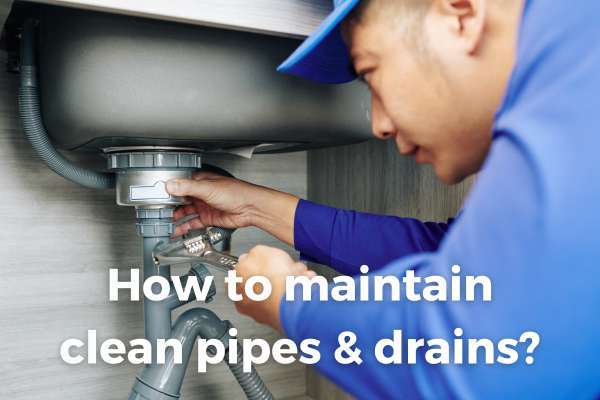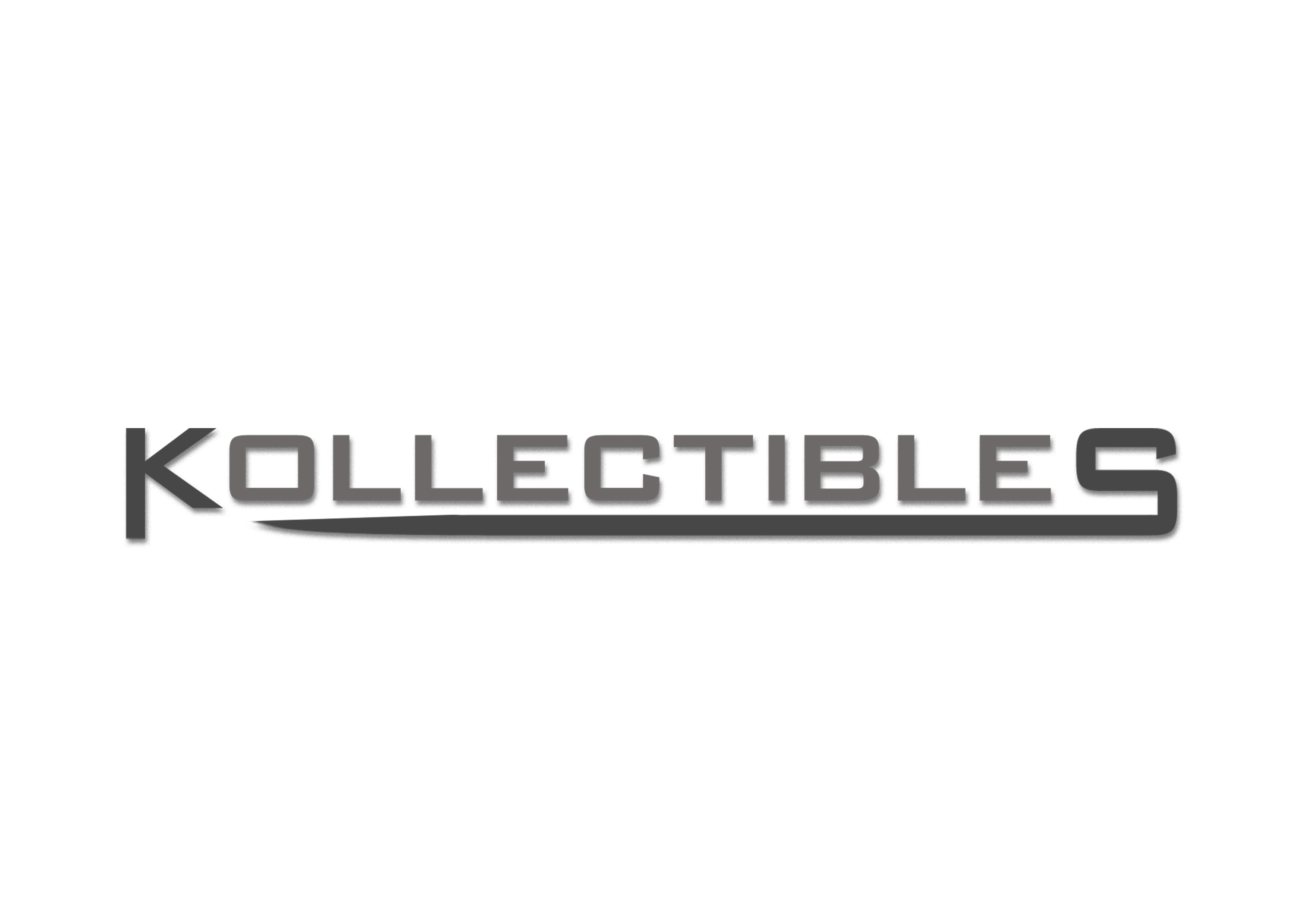how to maintain clean pipes and drains
Description
How do you maintain clean pipes and drains, as recommended by a plumber?
A well-functioning plumbing system is a cornerstone of any comfortable and functional home. However, pipes and drains can quickly become problematic if not properly maintained.
Regular maintenance not only prevents clogs and blockages but also extends the lifespan of your plumbing infrastructure.
You can hire them to help you keep your pipes and drains clean and trouble-free; we've gathered expert tips from a seasoned plumber. Follow these recommendations to ensure a smooth-flowing plumbing system for years to come.
7 ways to maintain clean pipes and drains
These are seven simple steps to keep your drain pipes clean:
1. Mind What Goes Down the Drain:
The most crucial step in maintaining clean pipes and drains is knowing what you allow to go down them. Some substances and materials are notorious for causing clogs and blockages, leading to expensive repairs. Here's what you should avoid:
Grease and Oil: Do not pour grease or oil down the drain. These substances can solidify and trap other debris, causing stubborn clogs.
Food Scraps: Use a sink strainer or compost food scraps instead of washing them down the kitchen sink. Even small food particles can accumulate and create blockages.
Hair: In the bathroom, use a hair catcher in the shower or bathtub drain to prevent hair from going down the drain. Hair is a common culprit in clogs.
Flush Responsibly: Only flush toilet paper and human waste down the toilet. Avoid flushing items like baby wipes, sanitary products, or cotton balls, as they can lead to blockages.
2. Regularly Clean Drains:
Cleaning your drains should be a part of your regular home maintenance routine. This helps prevent build-up and keeps water flowing freely. Here are some methods to keep your drains clean:
Boiling Water: Once a week, pour a pot of boiling water down each drain. This helps dissolve accumulated soap scum, grease, and small debris.
Baking Soda and Vinegar: Monthly, pour half a cup of baking soda down the drain. The next is half a cup of white vinegar. Let it sit for a few minutes, then flush with hot water. This natural reaction can help break down organic matter and keep drains fresh.
Chemical Cleaners (with Caution): If you encounter a stubborn clog, use a commercial drain cleaner as a last resort. However, be cautious; these chemicals can be harsh and damage pipes if used excessively. Follow the manufacturer's instructions and use sparingly.
3. Install Drain Strainers:
Prevention is essential when it comes to maintaining clean pipes. Install drain strainers in all your sinks and showers. These inexpensive devices catch hair, food particles, and other debris before they enter the drain, reducing the likelihood of clogs.
4. Be Aware of Warning Signs:
Knowing the early signs of potential plumbing issues can save you from more extensive & expensive problems. If you notice any of the following warning signs, it's time to take action:
Slow Draining: If the water is slow to drain, it's a sign that a clog may be forming. Address it before it becomes a significant blockage.
Foul Odors: Unpleasant smells from drains can indicate build-up or even a blocked vent pipe. These issues can lead to clogs or slow draining.
Strange Noises: Gurgling or bubbling sounds when water drains can indicate a blockage somewhere in the system.
Backups: If water backs up into other fixtures when you use the plumbing (e.g., water in the bathtub when you flush the toilet), it's a clear sign of a clog or blockage.
5. Schedule Professional Inspections:
While regular home maintenance goes a long way, it's essential to check this place to have a professional plumber inspect your pipes & drains periodically.
A professional can identify potential issues before they become significant problems. Consider scheduling a plumbing inspection at least once a year, especially if you have an older home or have recently experienced recurring plumbing issues.
6. Maintain Your Sewer Line:
The sewer line is a critical component of the plumbing system. The issue may be related to your sewer line if you're experiencing frequent backups, slow drains, or foul odors.
Regular sewer line maintenance and inspections are crucial to prevent costly repairs. Some tips for maintaining your sewer line include:
Be Mindful of What You Flush: Flush only toilet paper & human waste down the toilet. Avoid flushing items which can clog the sewer line.
Avoid Planting Trees Near Sewer Lines: The roots of trees and large shrubs can infiltrate and damage sewer pipes. If you have trees near your sewer line, consider consulting a professional to assess the risk and take preventive measures.
Professional Inspections: A sewer line inspection by a plumber using specialized equipment can identify potential issues such as tree root intrusion, cracks, or clogs.
7. Address Issues Promptly:
If you encounter a plumbing problem, don't delay in addressing it. Ignoring a minor issue can lead to more extensive damage and costly repairs.
Call a professional plumber if you need more confidence in handling the problem. Attempting DIY fixes without the proper knowledge can sometimes worsen the situation.
In conclusion, maintaining clean pipes and drains is essential for the health and functionality of your plumbing system.
By being mindful of what goes down the drain, regularly cleaning drains, installing strainers, being aware of warning signs, scheduling professional inspections, and taking care of your sewer line, you can enjoy a trouble-free plumbing system for years.
Prevention and proactive maintenance can save you time, money, and headaches in the long run.






















